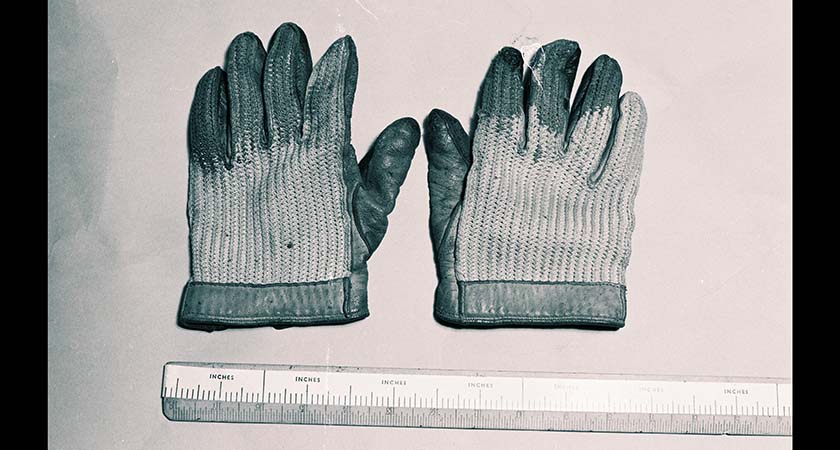SUSAN Donoghue was murdered at her Bristol flat 40 years ago in 1976.
The Irish nurse's murder remains one of the longest unsolved cases in Britain.
However, thanks to technology advances, Police from the Avon and Somerset Constabulary now have a full DNA profile of her killer and have renewed efforts to find who killed Susan.
Here's what we know about Susan Donoghue and the night she was killed
Who was Susan Donoghue?
One of 13 children, Ms Donoghue hailed from the Fintona area of Co. Tyrone.
She trained as a nurse in Belfast and worked there for a short period before emigrating to Kent.
She lived on the Channel Islands for a short time, however after the breakdown of her marriage, she relocated to Bristol where her brothers lived.
She is survived by a son, who was aged 17 at the time of her death.
What happened to her?
On the evening of Wednesday, 4th August 1976 Ms Donoghue took the night off work as she was suffering with a cold.
Her partner left her apartment shortly after midnight.
He returned at a 7.15am the following morning and found her body in her bed, where she had been bludgeoned to death.
What did police find at the scene?
Ms Donoghue had suffered serious head injuries, and had been sexually assaulted, with forensic tests confirming the presence of semen.
A pair of gloves and an engraved truncheon were also recovered from the scene, with Susan's blood on them.
A tobacco box was also found at the scene.
A footprint was also found on the inside windowsill of a half opened window adjacent to the bedroom where she was murdered.
What did the original investigation find?
The investigation into Ms Donoghue's murder has been lengthy.
In 1976, the original investigation consisted of more than 80 police officers from the Avon and Somerset Constabulary.
The investigation lasted several months, with 4,000 statements taken, 7,000 people interviewed and police spent a total of 45,000 hours on her case.
While several men were arrested they were all later eliminated from the investigation.
What's happened since?
In 1995, officers undertook a review of the case and submitted the DNA from the semen found at the scene onto the National DNA Database but there is no hit.
From 1997 to 1998, there is another review of the case, where a mass screening takes place of original aspects in the case, and there is a renewed appeal for information but there is still no match on the DNA database.
The DNA profile collected at the scene is upgraded in 2005 due to advances in technology. A familial DNA profile is run against the database but again, there are no matches.
In 2009, another familial DNA run is conducted but there's still no hit.
What's new now?
On the 40th anniversary of her death, police announced they have a full DNA profile of her killer.
DCI Julie McKay oversaw the recent conviction of a man for the murder of Melanie Road, committed over thirty years ago, and is leading the investigation into Susan's murder.
DCI MCKay has said the "passage of time" since a murder is no longer an obstacle in "securing justice".
"The technology used in DNA forensics has come a long way since Susan was murdered and we now have a full DNA profile of the man who sexually assaulted and murdered her," DCI McKay said.
"The key to solving this horrific crime," she stated, "is in the painstaking and methodical work my team is undertaking to make sure all the information we have is on the right systems."
DCI McKay also appealed for anyone who knows what happened that night to come forward and "bring an end to the 40 years of heartache Susan's family and friends have had to endure."
Anyone with information is asked to call 101 and quote Operation Radar. Alternatively, information can be left anonymously with Crimestoppers on 0800 555 111.


